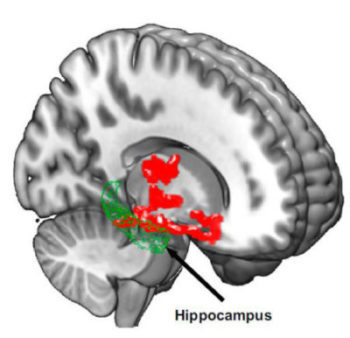Lack of sleep may be linked to risk factor for Alzheimer’s disease
Preliminary NIH study shows increased levels of beta-amyloid Losing just one night of sleep led to an immediate increase in beta-amyloid, a protein in the brain associated with Alzheimer’s disease, according to a small, new study by researchers at the National Institutes of Health. In Alzheimer’s disease, beta-amyloid proteins clump together to form amyloid plaques, … Read more



